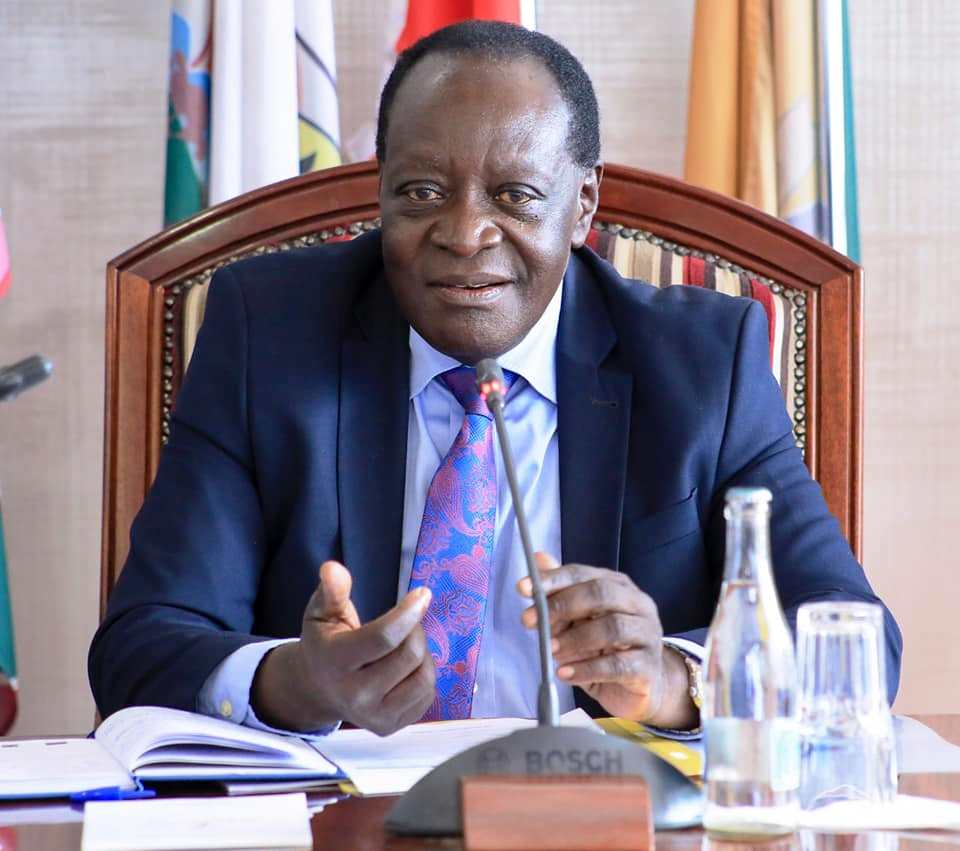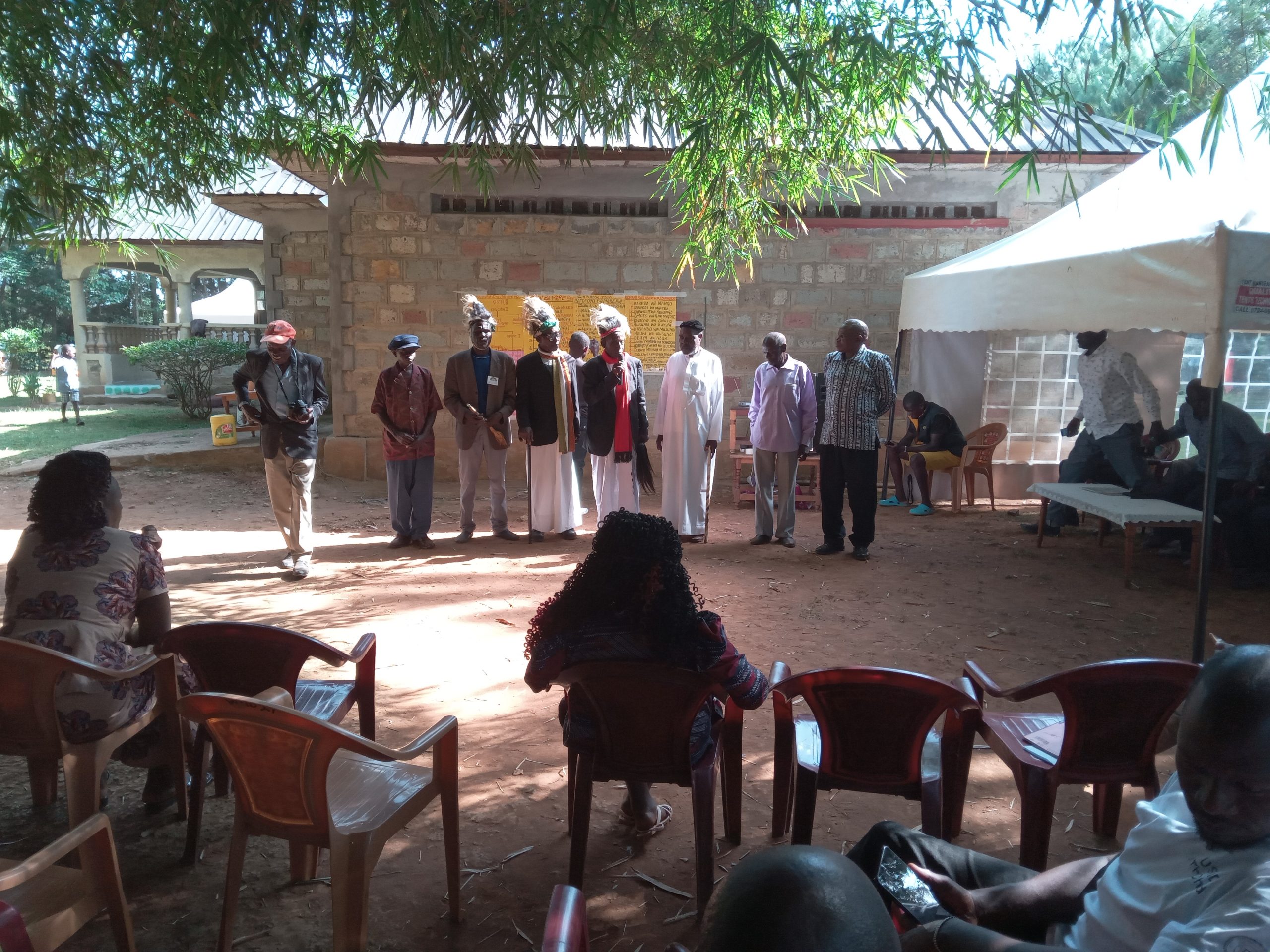As Kenya marked the International Day to End Impunity for Crimes Against Journalists, officials reaffirmed their commitment to ensuring a safe and enabling environment for media practitioners
By TWV Reporter
Broadcasting and Telecommunications Principal Secretary, Stephen Isaboke, has reaffirmed the government’s commitment to ensuring the safety of journalists and protecting media freedom. “The Government of Kenya remains steadfast in its commitment to creating a safe and conducive environment for media freedom and responsible journalism. The physical and digital safety of journalists is essential to ensure citizens’ access to credible information,” said Mr Isaboke, in remarks delivered on his behalf by Temesi Mukani, Secretary for Information and Broadcasting, during the commemoration of this year’s International Day to End Impunity for Crimes Against Journalists (IDEI) on 3 November in Nakuru.
He observed that addressing impunity requires collective action and accountability through the investigation and prosecution of crimes against journalists. The Katiba Institute partnered with the Media Council of Kenya (MCK) to organise the event, reaffirming its commitment to protecting journalists and promoting open and accountable governance.
Speaking during the commemoration, Christine Kuria, Deputy Executive Director of the Katiba Institute, underscored the importance of partnerships in advancing media freedom and constitutional values. “We are pleased, once again, to co-host this important commemoration of the International Day to End Impunity for Crimes Against Journalists together with the Media Council of Kenya. This partnership reflects our shared commitment to protecting journalists, defending media freedom, and promoting constitutional values that underpin open and accountable governance,” she stated.
Ms Kuria reflected on this year’s theme, “Chat GBV: Raising Awareness on AI-Facilitated Gender-Based Violence Against Women Journalists,” as a timely reminder of the dual nature of technology, its potential to enhance access to information, and its misuse to silence voices, particularly those of women journalists.
She emphasised that technology-facilitated gender-based violence is not only a digital concern but also a constitutional issue, infringing on the rights to equality, dignity, and freedom of expression guaranteed under the Constitution. Through its Human Rights in a Digital World initiative, the Katiba Institute continues to promote a responsible, rights-based use of technology, advocate against impunity for crimes targeting journalists, and advance ethical innovation aligned with constitutional and human rights standards.
MCK Chief Executive Officer, Mr David Omwoyo, provided an overview of press freedom in Kenya, noting that while reported attacks on journalists had declined from 130 in 2024 to 92 in 2025, impunity remains widespread. He described IDEI as “a day of protest rather than celebration” and highlighted Kenya’s decline in the Reporters Without Borders Global Press Freedom Index from 69th in 2022 to 117th in 2025, calling for stronger prosecution and enhanced digital safety frameworks.
While contributing to the panel on “Crimes Against Journalists: Answering the Hard Questions and Finding Solutions,” Patriciah Joseph, Programmes Manager at the Katiba Institute, challenged state actors on non-compliance with constitutional provisions and inaction. She noted that despite constitutional progress in guaranteeing media and expression rights, the introduction of regressive laws continues to erode these gains.
In a separate discussion on “Gendered Disinformation: Whither Media Freedom?” Kevin Mabonga, Communications and Public Liaison Manager at the Katiba Institute, highlighted the relevance of Articles 27, 28, and 29 of the Constitution in safeguarding equality, dignity, and security of the person, particularly for women journalists facing AI-facilitated gender-based violence. He called for greater public awareness and stronger platform accountability to ensure that digital spaces remain open, safe, and inclusive.
Kenya Editors’ Guild (KEG) President, Zubeida Kananu, reiterated the call for justice, referencing the unresolved case of a female journalist shot in Nakuru last year. “We are not here merely to mark a date but to renew our collective resolve,” she said, in a statement read by Martin Maasai, KEG Trustee and Chair of the Ethics and Media Freedom Committee.
Kenya Union of Journalists (KUJ) Secretary-General, Eric Oduor, echoed the need for sustained advocacy and stronger protection mechanisms to ensure journalists can operate safely and fulfil their public-interest role.
The commemoration concluded with a shared pledge to translate awareness into concrete action by strengthening legal frameworks, enhancing digital safety, promoting the ethical use of technology, and ensuring accountability for crimes against journalists.





